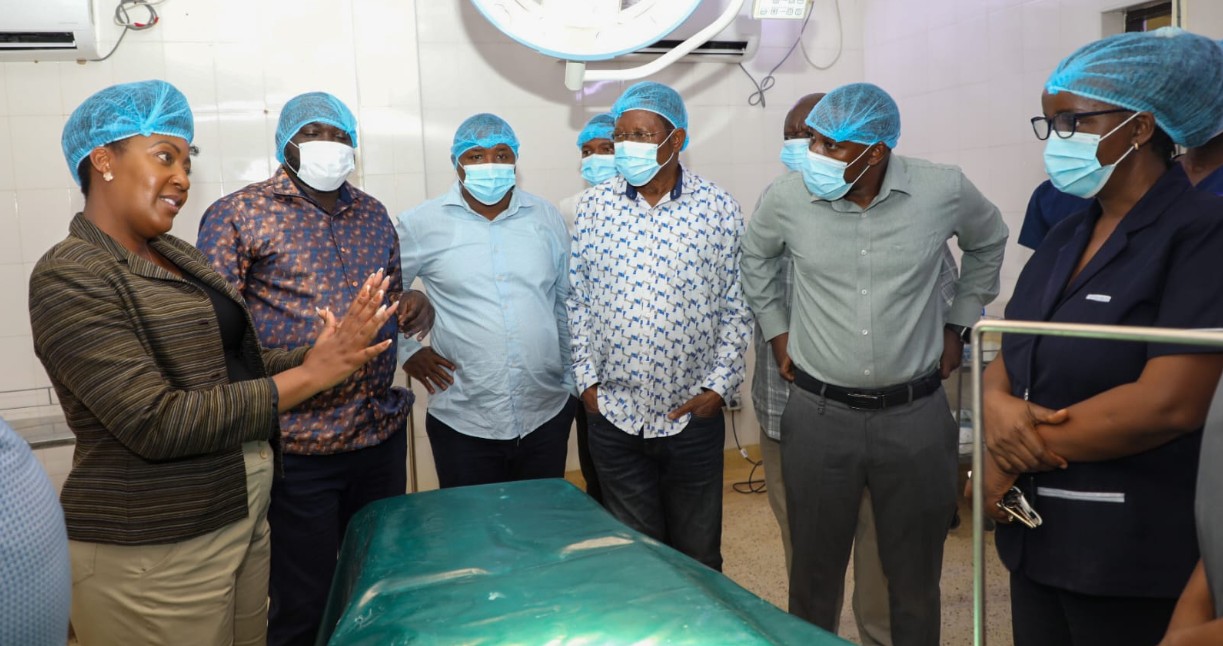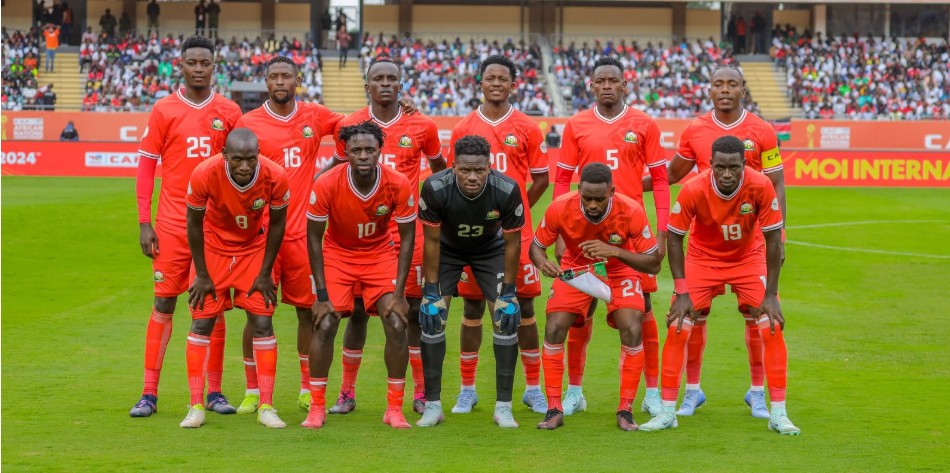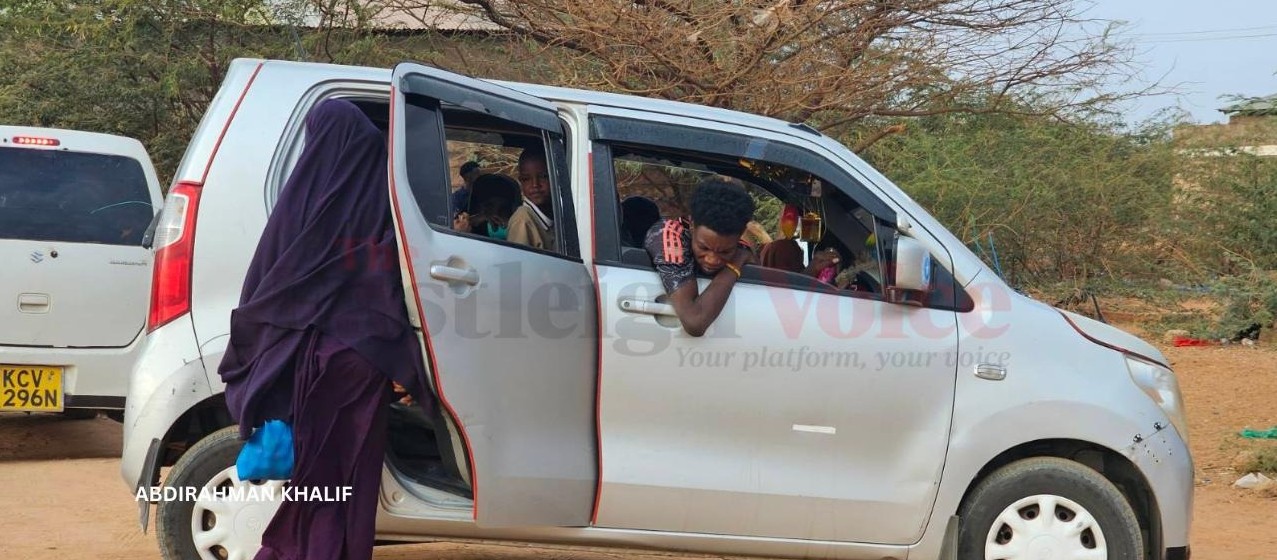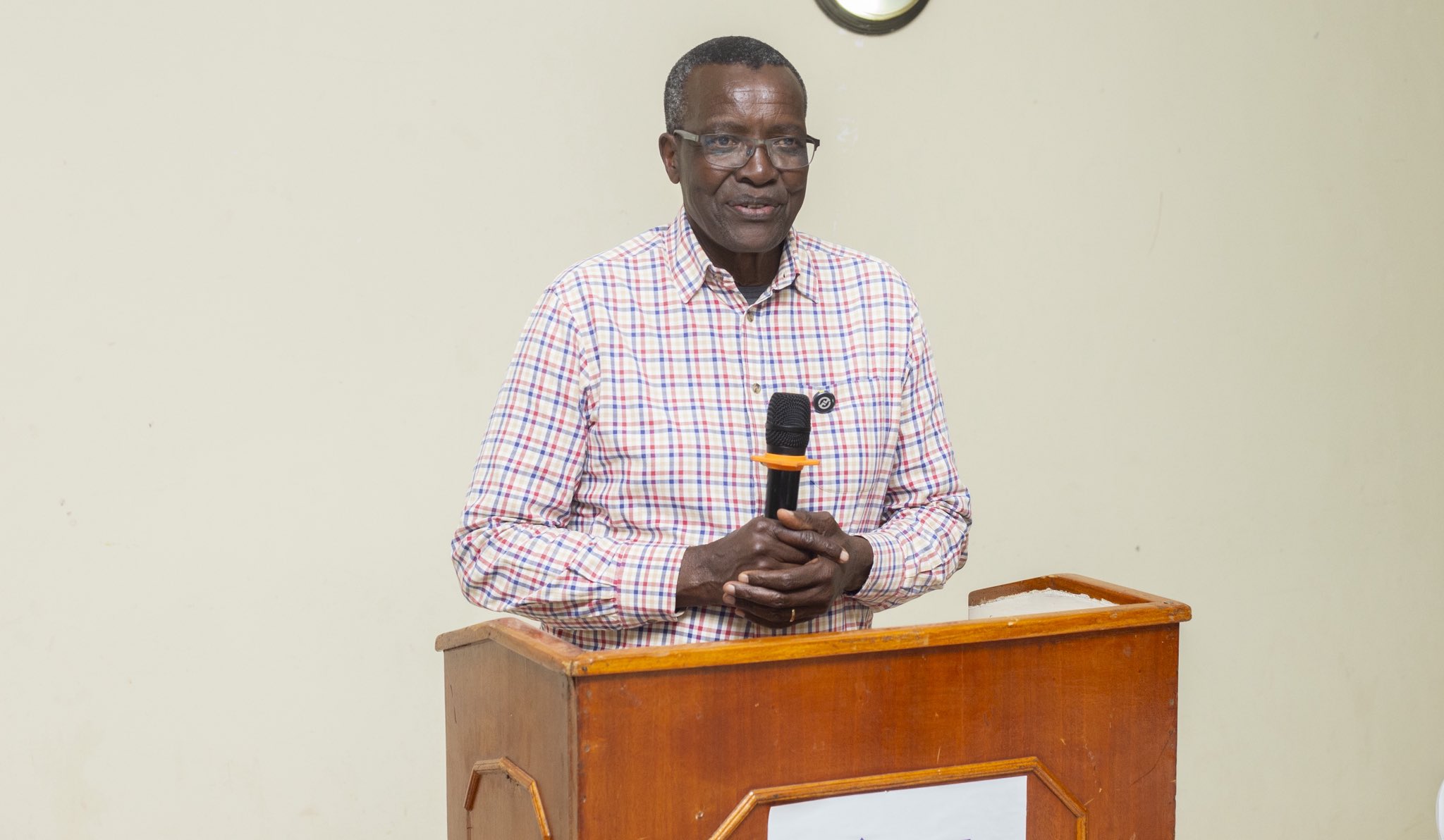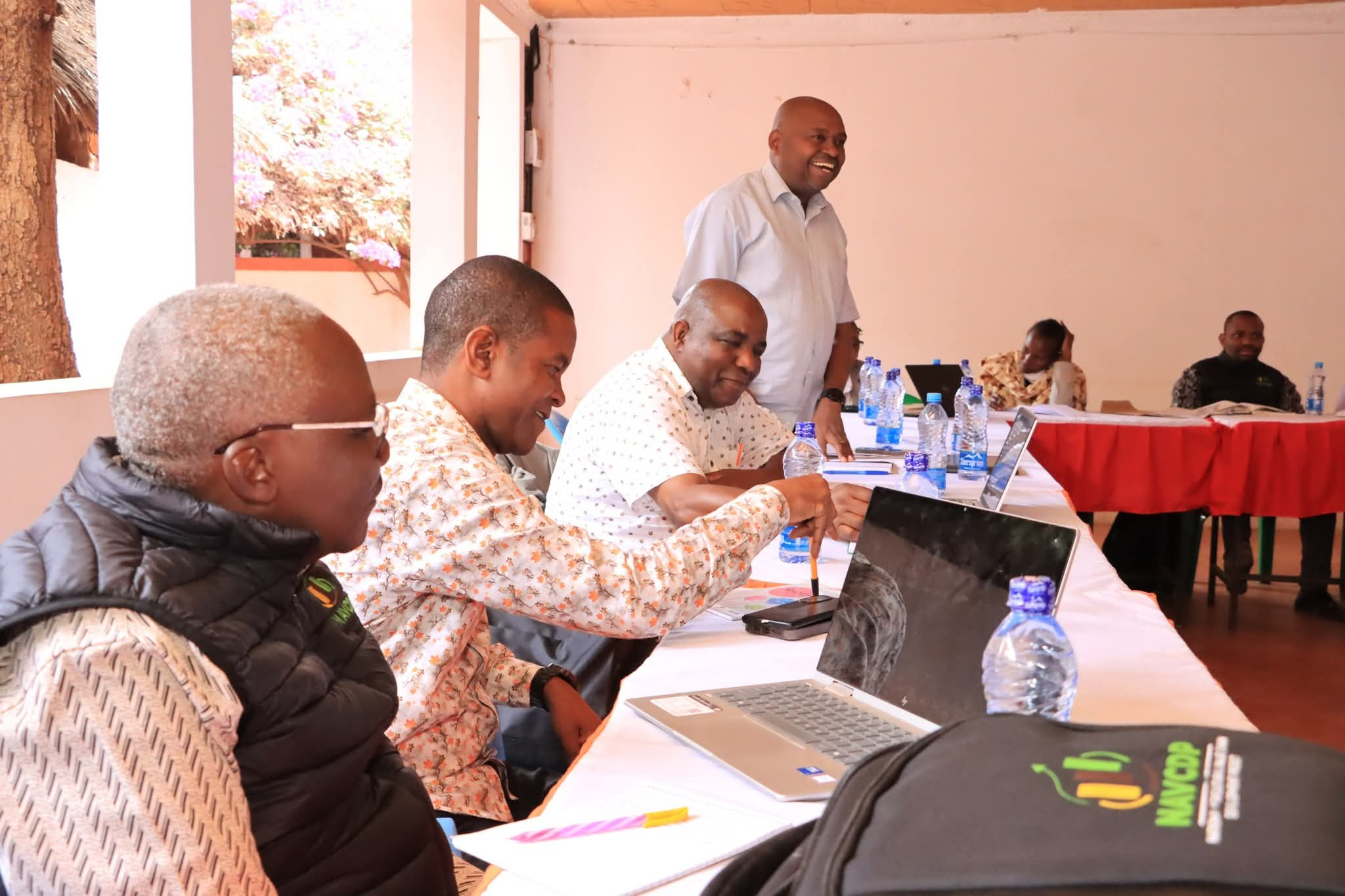Sudan cholera outbreak kills 80, infects over 2,100 in Darfur states
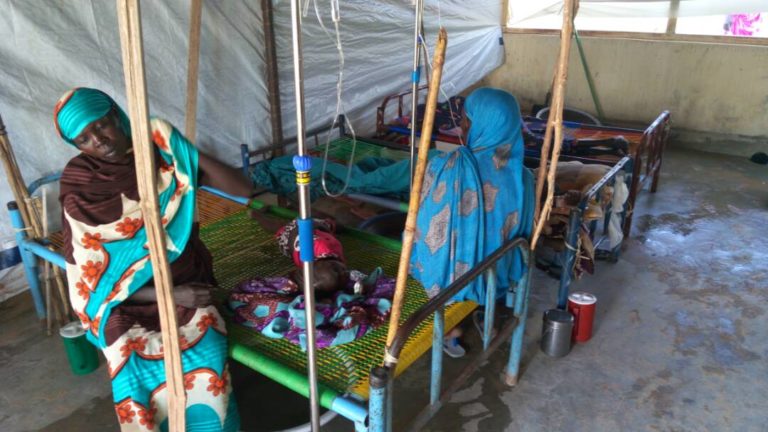
According to the United Nations Children’s Fund (UNICEF), the outbreak is rapidly intensifying in conflict-hit areas like Tawila, North Darfur, where more than 1,180 cases and 20 deaths have been recorded in just six weeks.
At least 80 people have died and more than 2,100 others have been infected with cholera across Sudan’s five Darfur states as of July 30.
According to the United Nations Children’s Fund (UNICEF), the outbreak is rapidly intensifying in conflict-hit areas like Tawila, North Darfur, where more than 1,180 cases and 20 deaths have been recorded in just six weeks.
More To Read
- ICC finds evidence of war crimes, sexual violence in Darfur
- Chad reverses ban, allows Sudanese refugee students to sit national exams
- Kenya's cholera outbreak claims 18 lives across seven counties
- African leaders commit to ending cholera epidemic by 2030
- MSF warns of rising sexual violence in Darfur, urges urgent protection, medical support
- Slum life breeds silent cholera risks amid poor sanitation
The first case in Tawila was confirmed on June 21, 2025. Of the total reported in the town, an estimated 300 cases involve children. The sharp rise comes as Tawila absorbs over 500,000 internally displaced people who have fled violent conflict since April.
UNICEF noted that across North Darfur, the ongoing fighting has placed over 640,000 children under five at increased risk of disease, hunger and violence. Many of those fleeing have ended up in Tawila, about 70 kilometres from Al Fasher, where conflict persists. It adds that displaced families face dangerous and unsanitary conditions, with limited access to food, water and shelter.
Hospitals in North Darfur have also been bombed, and health facilities near conflict zones have shut down. UNICEF warned that access to healthcare remains extremely limited, compounding the impact of poor sanitation and unsafe water in overcrowded camps.
“Severely limited access to healthcare, combined with shortages of clean water and poor sanitation, heightens the risk of cholera and other deadly diseases spreading, especially in crowded displacement sites,” the agency said.
Recent assessments indicated that the number of children suffering from severe acute malnutrition in North Darfur has doubled over the past year. This, UNICEF warns, creates a deadly mix, as children weakened by hunger are far more likely to contract and die from cholera.
“Without immediate and safe access to life‑saving nutrition, health and water services, the risk of preventable child deaths will continue to escalate,” it said.
UNICEF further indicated that stocks of life-saving supplies, including vaccines and ready-to-use therapeutic food, have been “largely exhausted.” Additionally, humanitarian efforts to replenish supplies are being hampered by looted or attacked aid convoys, near-total restrictions on access and red tape delaying delivery.
“Despite being preventable and easily treatable, cholera is ripping through Tawila and elsewhere in Darfur, threatening children’s lives, especially the youngest and most vulnerable,” UNICEF Representative for Sudan Sheldon Yett said.
“We are working tirelessly with our partners on the ground to do everything we can to curb the spread and save lives, but the relentless violence is increasing the needs faster than we can meet them. We have and we continue to appeal for safe, unimpeded access to urgently turn the tide and reach these children in need. They cannot wait a day longer.”
UNICEF has now launched a multi-sectoral effort to tackle the crisis. In Tawila, the agency says it has distributed Oral Rehydration Salts (ORS) and ensured that nearly 30,000 people access clean, chlorinated water daily through water trucking, rehabilitation of water yards and new storage systems.
It added that hygiene kits have reached 150,000 people in Daba Naira, while chlorine tablets are helping families treat water at home. To slow transmission and boost recovery, UNICEF noted that it is preparing to deliver over 1.4 million oral cholera vaccine doses. It is also working with partners to strengthen Cholera Treatment Centres, and to provide cholera kits, soap, latrine slabs, plastic sheeting and other essentials.
Community engagement efforts have also intensified, including through social media and in-person outreach, to raise awareness on prevention and early treatment. UNICEF said it has also helped form a Cholera Emergency Room, where partner organisations meet twice weekly to coordinate the response.
The agency has now called on the Sudanese government and all other concerned parties to allow “sustained, unimpeded and safe access” for humanitarian workers and supplies to reach children in need.
To scale up its emergency cholera response in health, water, hygiene, sanitation and social behaviour change interventions, the agency says it urgently needs an additional $30.6 million (Sh3.95 billion).
The cholera outbreak in Sudan was officially declared on August 12, 2024. Since then, more than 94,170 cases and over 2,370 deaths have been reported across 17 of Sudan’s 18 states.
As part of the International Coordinating Group (ICG) mechanism, UNICEF is working alongside the World Health Organisation (WHO) and other partners to roll out over 1.4 million oral cholera vaccine doses. While UNICEF handles vaccine procurement, logistics and community mobilisation, WHO and partners are leading technical support, surveillance, and campaign coordination to protect the most vulnerable communities.
Top Stories Today
Reader Comments
Trending
